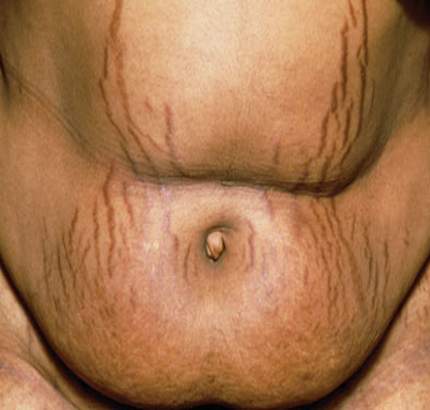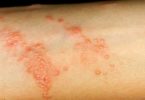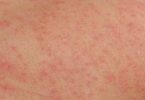
What's in this article?
Cushing’s syndrome Overview
Cushing’s syndrome is a hormonal disorder caused by prolonged exposure of the body’s tissues to high levels of the hormone cortisol. Sometimes called “hypercortisolism,” it is relatively rare and most commonly affects adults aged 20 to 50.
Causes of Cushing’s syndrome
The most common cause of Cushing syndrome is taking too much glucocorticosteroid medicine. Prednisone, dexamethasone, and prednisolone are examples of this type of medicine. Glucocorticoids mimic the action of the body’s natural hormone cortisol. These drugs are used to treat conditions such as asthma, skin inflammation, cancer, bowel disease, joint pain, rheumatoid arthritis.
Other people develop Cushing syndrome because their bodies produce too much cortisol. This hormone is made in the adrenal glands. Causes of too much cortisol are:
- Cushing disease, which occurs when the pituitary gland makes too much of the hormone ACTH. ACTH then signals the adrenal glands to produce too much cortisol. A pituitary gland tumor can cause this condition.
- Tumor of the adrenal gland
- Tumor elsewhere in the body that produces corticotropin-releasing hormone
- Tumors elsewhere in the body that produce ACTH (ectopic Cushing syndrome)
Symptom of Cushing’s syndrome
The signs and symptoms of Cushing syndrome vary.
Common signs and symptoms involve progressive obesity and skin changes, such as:
- Weight gain and fatty tissue deposits, particularly around the midsection and upper back, in the face (moon face), and between the shoulders (buffalo hump)
- Pink or purple stretch marks (striae) on the skin of the abdomen, thighs, breasts and arms
- Thinning, fragile skin that bruises easily
- Slow healing of cuts, insect bites and infections
- Acne
Women with Cushing’s syndrome may experience:
- Thicker or more visible body and facial hair (hirsutism)
- Irregular or absent menstrual periods
Men with Cushing’s syndrome may experience:
- Decreased libido
- Decreased fertility
- Erectile dysfunction
Other signs and symptoms include:
- Fatigue
- Muscle weakness
- Depression, anxiety and irritability
- Loss of emotional control
- Cognitive difficulties
- New or worsened high blood pressure
- Glucose intolerance that may lead to diabetes
- Headache
- Bone loss, leading to fractures over time
Treatment for Cushing’s syndrome
Treatment will depend on what is causing the problem. Your doctor may prescribe a medication to help control cortisol production and ease symptoms.
If you use corticosteroids, a change in medication or dosage may be required. Do not attempt to change the dosage yourself. Close medical supervision is required.
Tumors can be cancerous (malignant) or noncancerous (benign). Surgical removal may be required. Radiation therapy or chemotherapy may also be recommended.





